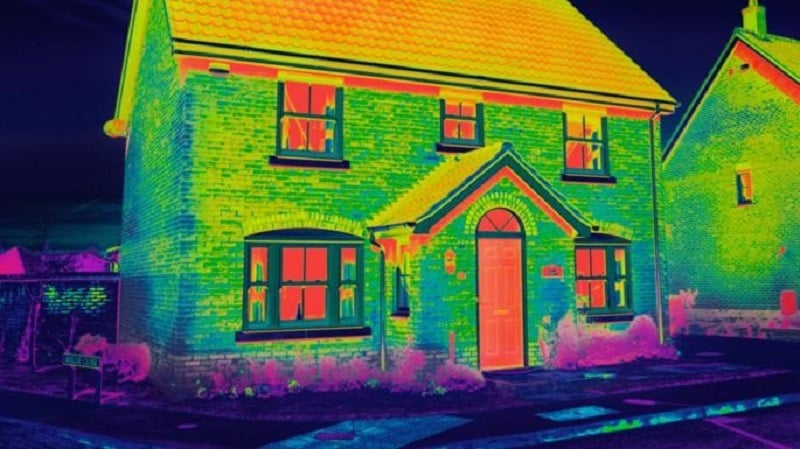The Energy Efficiency of Buildings brings together an array of organisations.

The Building Societies Association (BSA) has joined The Green Finance Institute’s new Coalition for the Energy Efficiency of Buildings(CEEB).
This aims to develop the market for financing net-zero carbon and climate-resilient buildings by accelerating the pace of financial innovation and scale-up.
Colin Fyfe, chief executive of Hinckley & Rugby Building Society chair of the BSAGreen Finance Taskforce, said:“Building societies are supportive of this new, positive and timelyCoalition for the Energy Efficiency of Buildings, and we look forward to working together.
“Our newly formed, sector-led Green Finance Taskforce has been set up with the objective of improving the energy efficiency of the existing housing stock – making energy efficiency improvements as seamless as possible for homeowners.
“The links between us are clear.”
With the support of the independent climate change think tank E3G, as secretariat, the CEEB brings together dynamic private, public and third-sector organisationsto focus on launching a series of projects.
These will aim to deploy capital to address specific challenges that limit the uptake of energy-efficiency measures in the residential building market.
It will collaborate under the chairmanship of Dr Rhian-Mari Thomas OBE, chief executive, Green Finance Institute.
Speaking at the COP25 climate change conference in Madrid this week,Dr Thomas, said: “Financial markets need to play a leading role to meet the needs of our society, and to mobilise capital to address the climate emergency.
“The Green Finance Institute’s role is to convene innovators, sector specialists and policymakers to harness their creativity to identify and overcome the barriers to the deployment of green funding.
“TheCoalition for the Energy Efficiency of Buildingsbrings together a breadth of experience behind a clear goal: to accelerate capital flows towards retrofitting and developing UK homes to net-zero carbon, resilient standards through the development of real-world finance solutions that appeal to home-owners, landlords and investors.”
John Godfrey, corporate affairs director, Legal & General, added: “The growing recognition that real estate asset values will become increasingly correlated with climate risk highlights both the urgent need to improve our building stock and future-proof balance sheets, and the opportunity for the financial services sector to work with homeowners, tenants and landlords on improving the climate impact of our housing stock.
“In addition to participating in the Climate Financial Risk Forum, co-chaired by the PRA and FCA, Legal & General is pleased to be part of theGreen Finance Institute’sCoalition for the Energy Efficiency of Buildingsand its ambitious goal to create the market for financing retrofits of homes in the UK.”
Julie Hirigoyen, chief executive, UK Green Building Council (UKGBC), said: “There are 29 million homes in the UK which must be made low-carbon, low-energy and resilient to our changing climate.
“Decarbonising and adapting the UK’s housing stock is critical for meeting the net-zero emissions targets and tackling the impacts of climate change.
“We welcome the formation of the Green Finance Institute’sCoalition on the Energy Efficiency of Buildings.
“We look forward to working togetherto enable the property and finance sectors to jointly seek opportunities for innovation, new business and job creationfrom improving the efficiency of homes.”
The outcomes and recommendations of theCoalition for the Energy Efficiency of Buildings’market review will be published in Spring 2020.



